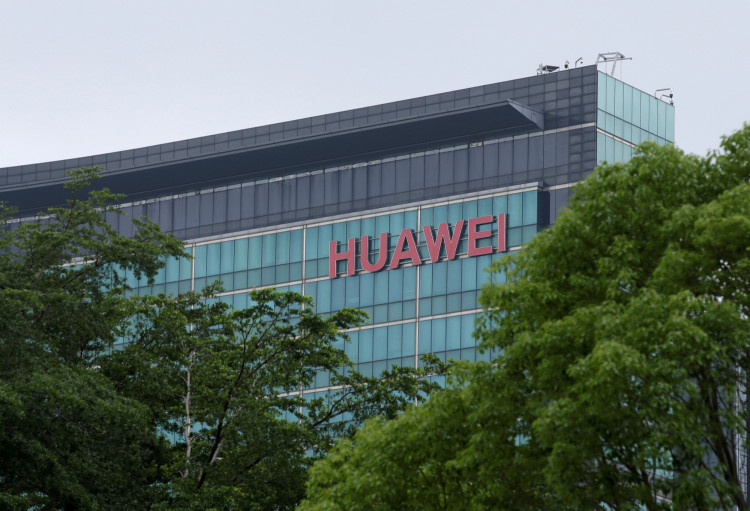In a surprising move by the US, officials announced this week that the government will be extending the temporary trading license it had given Chinese tech giant Huawei Technologies for another 45 days. This will be the fifth time that the US has chosen to allow Huawei to continue doing business with US-based companies despite its allegations of the company being a security risk.
Huawei's extended trading license with the US government will officially expire on May 15 this year. The extension will allow Huawei to continue transactions with US-based companies.
Analysts have stated that the extension underscores the continued dependence on Huawei's equipment and services by rural telecom carriers in the United States. US companies who are reliant on the company's products will likely suffer if the government had decided not to extend Huawei's license. The majority of Huawei's customers in the US are smaller telecom carriers operating in rural regions around the country.
The US Department of Commerce does not agree with this reasoning. The agency explained on Tuesday that the decision was made to allow US companies and telecommunications carriers enough time to change their Huawei-made equipment with products from other suppliers.
Despite its reasoning, the federal agency stated that it is willing to hear the public's opinion on the matter. The department is currently in talks with several players in the industry to get their take on future extensions and to get an overview of the possible impact of outright banning the company from doing business in the country.
SI Wireless, a relatively small mobile phone and broadband services company operating in western Kentucky and Tennessee, is against banning Huawei from the country. The company, which has around 20,000 customers, stated that its core network infrastructure if fully dependent on Huawei's equipment. For it to shift to alternative suppliers, the company estimates that it would have to spend around $40 million to $60 million.
Huawei has not yet made any official comments regarding the license extension. However, the Shenzhen-based firm had previously stated that extensions granted by the US had no bearing on its overall business. It also stated that previous extensions granted to it does not change the fact that it is being treated unfairly. Huawei has repeatedly denied all of the US' accusations against it and swears that its products do not pose any security risk.
Analysts at the Chinese Academy of International Trade and Economic Cooperation explained that the US has more to lose if it does not extend Huawei's license. Before the ban, Huawei typically spent more than $10 billion a year buying components from US-based companies.






